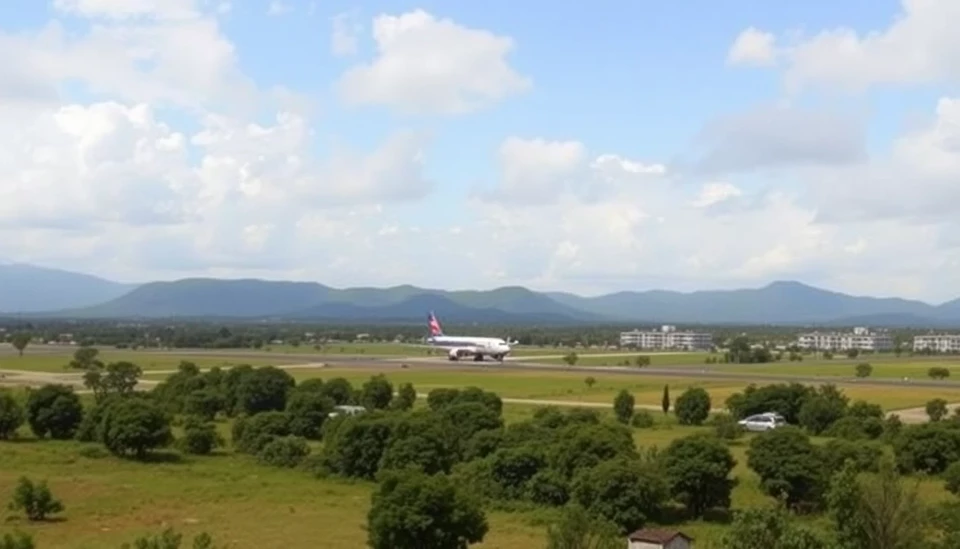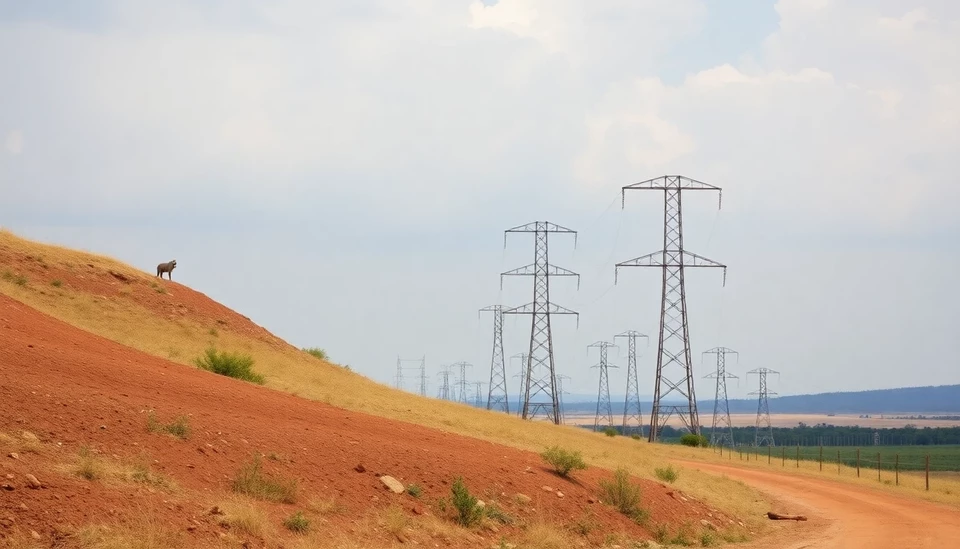
In a significant legal ruling, a Kenyan court has intervened to block the government's plans to concession the Jomo Kenyatta International Airport (JKIA), one of Africa's busiest aviation hubs. The decision, issued by the Nairobi High Court, came in response to a petition that criticized the government's handling of the concession process, raising concerns over transparency and due diligence.
The court's verdict marks a critical moment for Kenya's aviation sector, which has been under scrutiny following various attempts by the government to privatize the management of JKIA. Advocates for the airport's concession argue that it could lead to improved efficiency and investment. However, opponents claim that such moves could jeopardize national interests and diminish government control over a vital asset.
In making its ruling, the court emphasized the necessity for fair procurement processes and adherence to legal standards prior to any privatization efforts. The judges underscored that the government's approach lacked the requisite public consultation and failed to provide adequate information regarding the implications of the concession for both the economy and the workforce at the airport.
The situation surrounding JKIA's concession is part of a larger ongoing debate concerning public-private partnerships in Kenya. Supporters of the initiative claim that engaging private entities would spur economic growth and enhance operational efficiencies. Conversely, critics warn that such partnerships could lead to exploitation and a decline in service standards for travelers.
The Nairobi High Court's decision is a temporary relief for those advocating for the airport's retention under government oversight. It has ignited discussions among stakeholders about the future of the airport and the potential need for a reevaluation of the government's infrastructure strategies. As the case unfolds, the implications of this ruling will likely resonate throughout the country’s approach to future infrastructure concessions and public-private collaborations.
As the aviation industry faces challenges stemming from the pandemic and economic fluctuations, the focus now turns to how the government will address the concerns raised by the court while balancing its ambitions for improving Kenya's transport infrastructure.
Looking ahead, the Kenyan government has expressed intentions to review its concession strategies and to engage with relevant stakeholders as they navigate this complex landscape. The ruling is viewed as a crucial reminder of the importance of safeguarding national interests while pursuing privatization opportunities.
As the situation develops, observers will be keenly watching how this ruling affects plans for other key infrastructure projects in Kenya and whether it sends a message about the importance of accountability in government dealings.
In conclusion, the Nairobi High Court's decision to block the concession of JKIA has profound implications for Kenya's future infrastructure endeavors, raising critical questions about governance, transparency, and the role of the private sector in public assets management.
#Kenya #JKIA #AirportConcession #PublicPrivatePartnerships #AviationNews #InfrastructureDevelopment #LegalRuling
Author: Samuel Brooks




